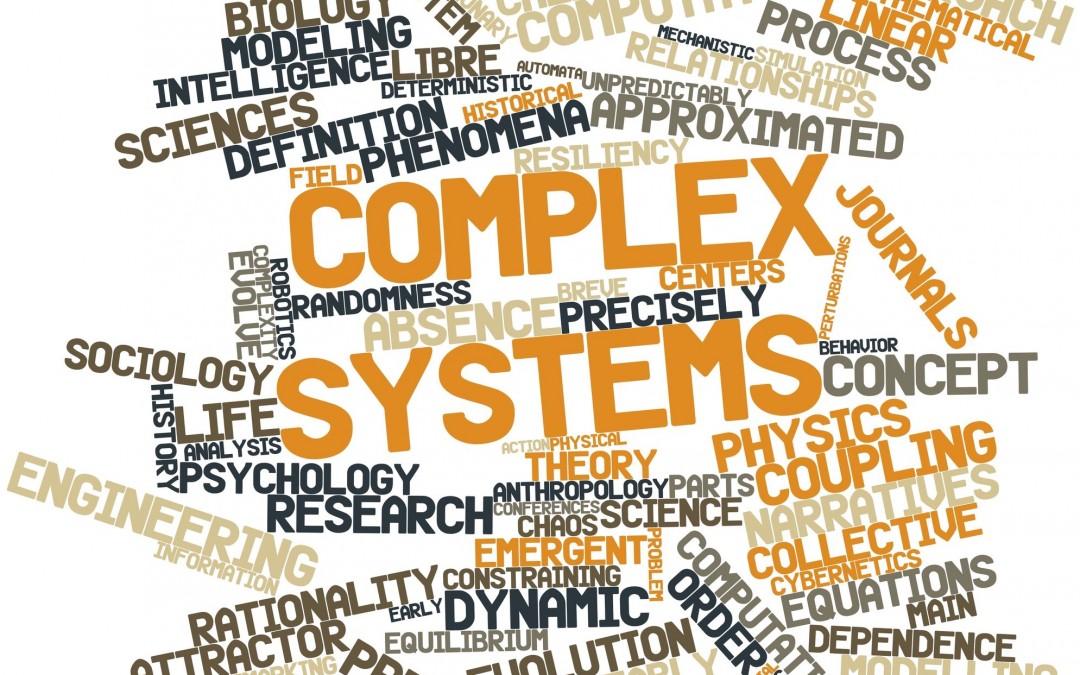Unlocking the Mysteries of Complex Systems: Understanding the Essence of Interconnectedness

Introduction
Complex systems are all around us, shaping the world in profound and mysterious ways. From the intricate neural networks that underlie our thoughts to the vast ecosystems that sustain life on Earth, these systems exhibit behaviors that transcend the mere sum of their parts. Understanding complex systems is a multifaceted endeavor that transcends individual disciplines, providing insights into fields as diverse as biology, sociology, economics, and even artificial intelligence. In this article, we embark on a journey to unravel the essence of interconnectedness within complex systems and explore the significance of emergent behaviors that emerge from their collective interactions.
The Essence of Complex Systems
At their core, complex systems are characterized by a large number of interconnected components or agents that interact dynamically. These interactions can be nonlinear, meaning that small changes in one part of the system can lead to disproportionately large effects elsewhere. It is this interconnectivity and sensitivity to initial conditions that give rise to the emergent properties of complex systems. Emergence refers to the phenomenon where collective behaviors emerge from the interactions of individual elements, often leading to behaviors that are not evident by studying individual components in isolation.
Interconnectedness: The Web of Dependencies
The concept of interconnectedness is central to understanding complex systems. In such systems, each component's behavior depends on the states and actions of other components, forming intricate webs of dependencies. A classic example of interconnectedness can be observed in the global economy, where the financial well-being of one nation can impact economies across the world. Similarly, in ecosystems, the population dynamics of one species can ripple through the entire food chain, influencing the abundance of other species and the overall ecosystem health.
Self-Organization: Order Out of Chaos
Complex systems are often self-organizing, meaning that patterns and structures emerge without any external control or central authority. The phenomenon of self-organization can be witnessed in various systems, such as flocks of birds exhibiting mesmerizing collective movements or the formation of neural connections during brain development. Self-organization is a fascinating aspect of complex systems, as it demonstrates how order can arise from apparent chaos through local interactions and feedback loops.
Examples of Complex Systems
-
Weather and Climate: Weather patterns and climate are classic examples of complex systems. The interactions between atmospheric components, oceans, land, and solar radiation lead to intricate climate patterns that are challenging to predict accurately over extended periods.
-
Brain and Mind: The human brain, with its billions of interconnected neurons, is one of the most complex systems known. The emergence of consciousness and cognition from the interactions of neurons is a fascinating area of research in neuroscience.
-
Social Networks: Social networks, both online and offline, are complex systems driven by the interactions and relationships between individuals. These networks shape the spread of information, ideas, and even viral trends.
-
Traffic Flow: Traffic flow in urban environments exhibits complex behaviors due to interactions between vehicles, traffic signals, and the road infrastructure. Understanding these dynamics is crucial for effective urban planning.
Conclusion
The study of complex systems provides a fascinating lens through which we can explore the interconnectedness and emergent behaviors that govern our world. Whether it's the self-organizing nature of ecosystems, the intricate dynamics of the human brain, or the complex interplay of global economic systems, complexity science deepens our understanding of how the world functions as an integrated whole. As we continue to advance our knowledge in this field, we can harness these insights to solve real-world problems and design more resilient, adaptive, and efficient systems for the benefit of humanity.
524 0 7
Write a Comments
* Be the first to Make Comment















